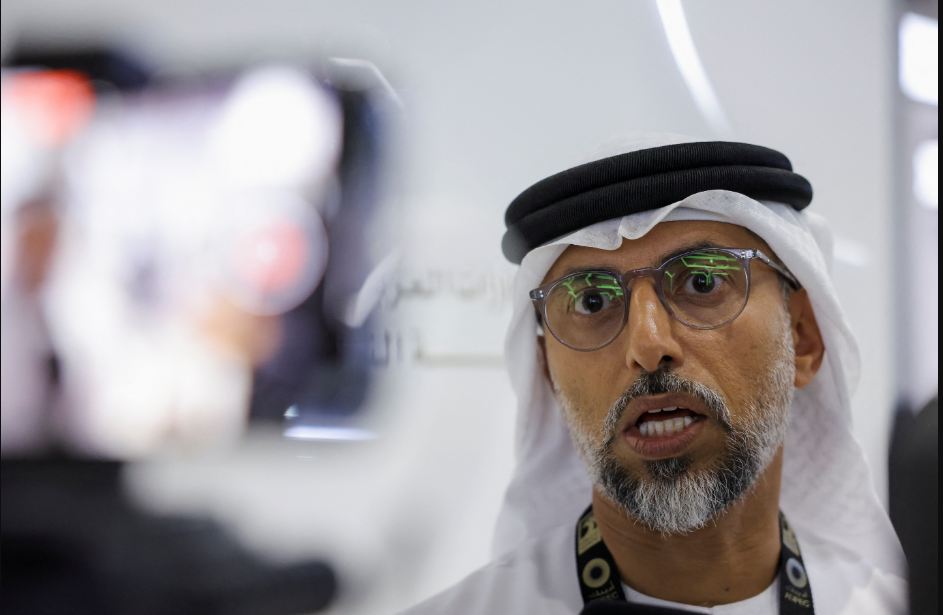How to choose the right School for your Kid?
by Vineeta Ambasta
A school is meant to nurture the child’s capabilities and bring out the best performance and the best behaviour.
This is by far the toughest and most difficult decisions parents need to make these days. The complexities have increased now due to many new schools with different teaching ideologies, different boards, vast differences in fee structure, etc.
Having said all this, I feel I could share my experience not just as a mother but as a student as well .
My kids are 15 and 11 now and they have studied in three cities, one of them being abroad, and I have experienced two daycares, two preschools, and four other schools in all till now across boards and cities. Add to that three elite schools in India in which my husband and I studied.
What I am sharing is my experience over the years and it obviously stems from my parenting method and sensibilities. It might be useful to some moms. The boards I have experience with are ICSE, CBSE, IB, IGCSE and the IEB which is the premier board of South Africa.
This is what I have learnt and experienced:
There are three distinct phases of schooling and the expectation from these phases need to be different.
- Pre Primary phase (playgroup to senior KG)
- Primary (class 1 to class 6)
- Middle / high school (class 7 to class 12)
It’s quite okay to shift schools between these phases as some schools are better in some aspects. In fact, I would recommend it to save costs and a lot of grief.
Pre Primary Phase
For a pre-Primary, choose a school where the teachers are well trained and they smile and can handle kids well. I detest teachers who scream and for me, it’s a no-no instantly. The teachers and teaching method, child safety and the responsibility taken by the school towards ensuring safety in this stage is the ONLY important thing. The Board does NOT matter. Comparisons of whether one school teaches writing and another teaching tables at this stage is extremely futile and it would be prudent to not do that. And exams at this stage is absolutely a big no-no. If any school has exams at this stage it predicts the ethos of that school and I am put off instantly. I would infinitely rate higher school without regular exams as compared to one that does.
Primary stage
This is a long, 7-year-period and the backbone of your child’s education. These years build your child’s skills, talents, happiness levels, and of course, lays the groundwork towards an enriching learning experience. The board here doesn’t matter too much. The school DOES. A good school will have a focus on all round developments. A good way to judge this would be to see what awards the school doles out. Some awards which I have seen and which made me instantly like the school:
Best progress prize (awarding self-growth) Behaviour prizes -kindness,, upholding the values of the school, helpfulness Prizes for cultural achievements – music dance art ( assuming these are covered by the school) Prizes for academic excellence covering a broad spectrum rather than first second third. Prizes for sporting excellence Prizes for leadership skills
A school is meant to nurture the child’s capabilities and bring out the best performance and the best behaviour. Any school any board which strives for this is a good school .
Another thing which I look for is classroom behaviour. If I see a happy teacher, it makes my heart glad. Because happy teachers make happy students, and happy students are the best learner’s in my experience.
An active sports department inculcates life skills and is very very important. It also helps with fitness levels . Not just for a sports day but having fun during sports periods and exposure to on field competitions builds camaraderie and engages the child constructively. An arts and music department builds discipline and provides relief from academics.
Anti-bullying policy
A must for me in any school. If the school behaves like an ostrich for bullying or violence and does not have a clear WRITTEN policy, I strike it off the list. As a parent, I have asked this question at each parent school interview except for one school. That was another big mistake which resulted in us changing schools after a traumatic experience.
Anti corporal punishment policy
Make sure this question is answered in no uncertain terms. Any school which has even ONE teacher who beats or gets physical with children must be shunned at any cost. Research well.
Teachers are trained and their qualifications are published on the school website.
Communication between school and parent
A school that resists talking to parents or behaves snooty or behaves like it’s doing me a favour by replying to emails is struck off.
A good school is such a critical aspect, proximity to home is important. It’s much better shifting closer to a good school rather than choosing a substandard school only because it’s close to home (It was my biggest mistake and I paid a heavy price for this)
There are many other factors but not more important than these IMHO.
Middle/ High school
This is the stage when kids turn into teens. They are also grappling with the much-increased workload, choosing subjects, raging hormones etc. The BOARD matters hugely! For higher education in India CBSE is the best board (I didn’t study in one but I am observing their policies for the last 15 years). Their syllabus is suited to entrance exams in India so it makes sense to choose CBSE.
ICSE, for me, is a ‘no’ simply because of their syllabus. It’s insane. Even BA and BSc curriculum is covered in grade 9/10. I find that putting that load on students means they are unable to focus on other passions like sports or music etc . It is also vastly unnecessary. A bigger syllabus DOES NOT mean a better student or a better school.
Also, the best results do NOT mean a better school.
For those choosing to study abroad, it’s best to choose IB or IGCSE as their syllabi/methods of study are largely project based and research-based and suited to Universities abroad. It’s not just about syllabus but the orientation towards study in an international board is poles apart from Indian Boards. And there is absolutely zero use of the ROTE method. Higher education abroad needs research, critical thinking, analytical skills, self-study skills and also all round development like sports, music, social outreach. Most international boards also have a small class strength, because of a prerequisite. Which is great for student-teacher interaction.
Questions you should be asking at this stage
- Does the school offer help to weak students?
- Do they encourage Private tuition ( its a red flag for me because it means the school is shrugging off responsibility)?
- Do they handhold regarding making career choices?
- Do they have counsellors to deal with behaviour and teen problems?
- Does the school offer the opportunity for all round activities or only academics?
- Does the school encourage class participation?What are the subjects offered by the school?
Sometimes a child may want to study X but it’s not available as a subject in that school. It’s okay to change. I see a lot of students changing schools even as late as grade 11 because they look for specific things from a school.. a great Music department, a great sports department, specific subjects etc. At this stage, a lot depends on what the child is interested in.
The BEST school may not be the RIGHT school for your child .. choose what is best for YOUR child here. Again I will point out don’t go by board results as that speaks nothing actually. Most of these board results are achieved by kids going for Private tuitions and the school takes credit. I find that deceitful.
I hope these pointers from my personal experience will prove useful to you. This is no BIBLE either, but just some of my learning over the years which I have compiled and shared.
Article first published on First Mom Club.
Vineeta Ambasta is a cost and management accountant by profession and qualification and has worked with leading corporates in three different cities of India.



